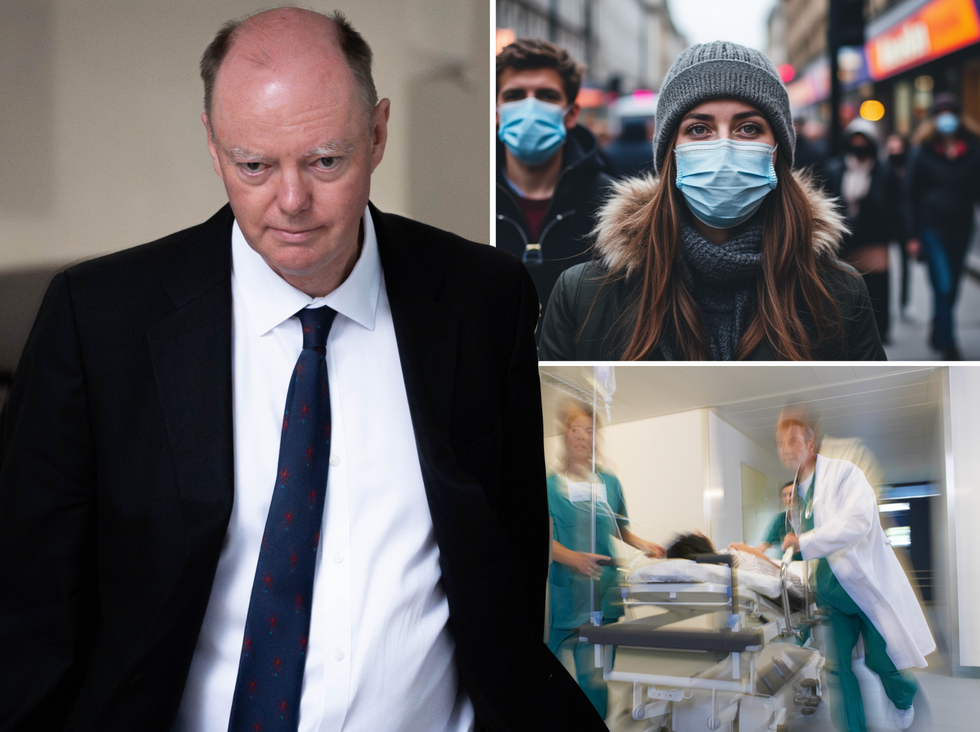
England’s chief medical officer has issued a stark warning that another pandemic as big as Covid-19 is a “certainty”.Speaking at the Covid Inquiry on Thursday, Professor Sir Chris Whitty emphasised the need for preparedness, stating: “We have to assume a future pandemic on this scale will occur”.He cautioned that it would be reckless not to anticipate the asymptomatic transmission of a deadly virus happening again. Prof Whitty’s remarks come amidst growing concerns about various outbreaks worldwide. Prof Whitty cautioned that it would be reckless not to anticipate the asymptomatic transmission of a deadly virusPA The H5N1 avian influenza virus, commonly known as bird flu, is spreading rapidly among dairy cows and poultry across America.While primarily affecting livestock, 14 human infections have been reported. A recent case in Missouri has raised particular alarm, as the Centers for Disease Control and Prevention (CDC) found no known link to animals, hinting at possible human-to-human transmission.Additionally, there has been a surge in mosquito-borne viruses this summer, with dengue fever and West Nile virus expanding their reach due to global warming and increased interconnectivity.Should the UK find itself in the grip of another pandemic, Prof Whitty has cast serious doubt over the healthcare system’s ability to deal with it. He told the Covid Inquiry that the country’s intensive care capacity is “very low”, describing this as a “political choice”.This limited capacity means there is less reserve when a major emergency occurs, he explained.The chief medical officer highlighted how training staff is another bottleneck, noting that ICU personnel cannot be trained in just six weeks.The chief medical officer highlighted how training staff is another bottleneckYOUTUBEPublic health messaging needs to be improved, he said, noting that the UK Government potentially “overdid” the warnings at the start of the Covid-19 pandemic.”I think that balance is really hard, and arguably, some people would say we, if anything, overdid it, rather than under at the beginning,” he stated.The chief medical officer expressed uncertainty about whether he would recommend vulnerable patients to shield in a future pandemic. He acknowledged the “significant harms” caused to those forced to isolate during Covid-19 lockdowns, adding that it had “very significant downsides” and its effectiveness had not been directly evaluated.”Whether the particular approach to shielding we took is an appropriate one to use again in a respiratory infection, I honestly don’t know,” he said